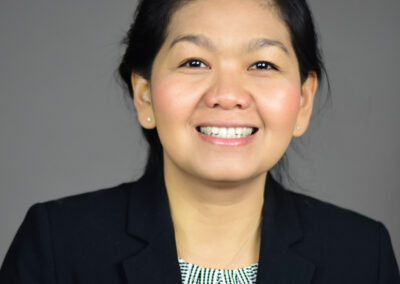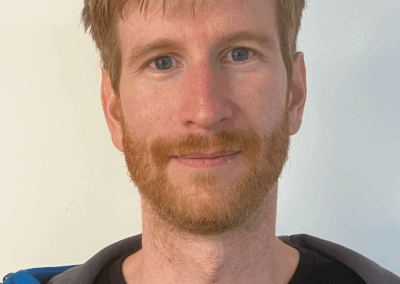Structure
Coordination
Working Group 1
Working Group 2
Working Group 3
Working Group 4
Working Group 5
Coordination
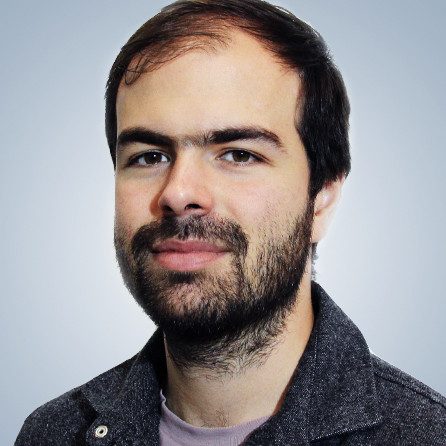
Kevin Rossi
Action Chair
Kevin is an Assistant Professor in the Materials Science and Engineering Department of TU Delft.
His research leverages numerical simulations and machine learning models to overcome complex challenges in the design of safe and secure materials for green energy and sustainable chemistry.
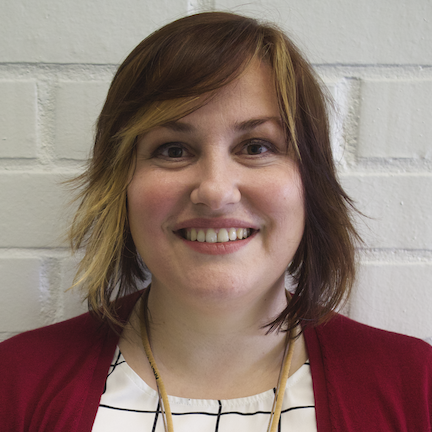
Milica Todorović
Action Vice Chair and Grant Holder Scientific Representative
Milica is an Assistant Professor of computational materials engineering at the University of Turku and the head of the Materials Informatics Laboratory group.
She combines artificial intelligence (AI) algorithms, first-principles simulations and experimental data with the objective to optimise functional materials and their performance in devices.
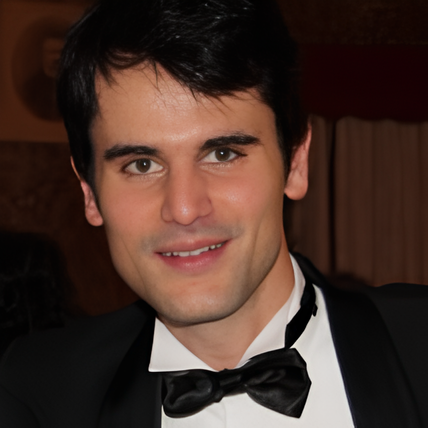
Federico Grasselli
Science Communication Coordinator
Federico is tenure-track Researcher in the Department of Physics, Informatics and Mathematics at the University of Modena and Reggio Emilia.
His research focuses on the theory of heat and charge transport and on the combination of physical insights and machine learning to simulate transport phenomena in energy materials and matter at extreme conditions.
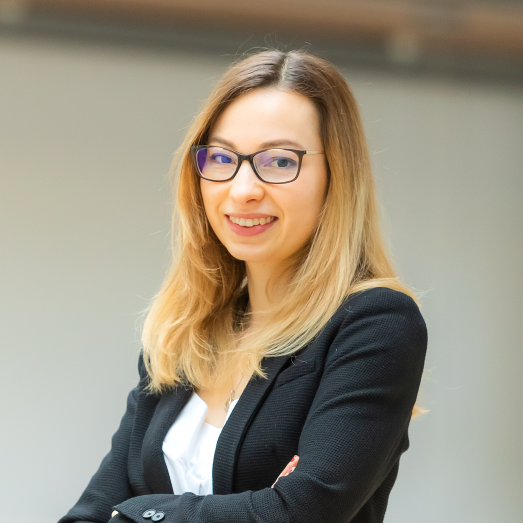
Julia Westermayr
Diversity, Equity and Inclusion Coordinator
Julia is an Assistant professor for ‘Artificial Intelligence in Theoretical Chemistry‘ at Leipzig University, Germany.
Her research focuses on the development of machine learning algorithms tailored to the optimisation, discovery and design of chemical reactions, with particular emphasis on excited states and techniques for managing limited and noisy (experimental) data
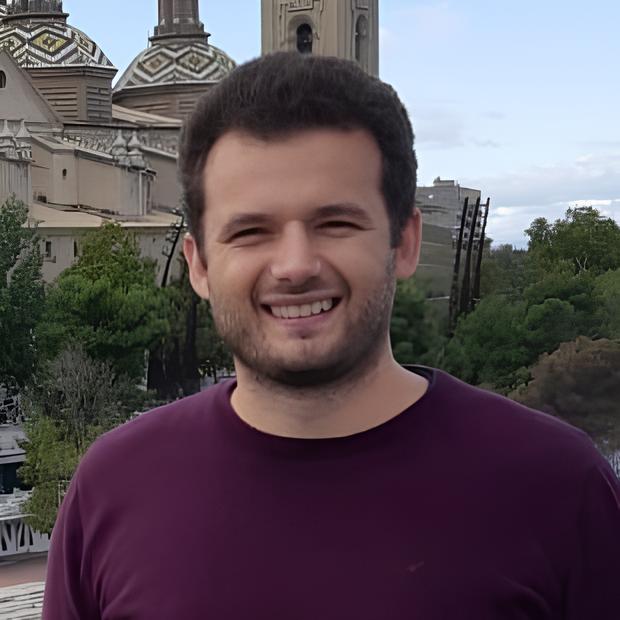
Ivor Lončarić
Grant Awarding Coordinator
Ivor is a Research Associate in the Division of Theoretical Physics at the Ruder Bošković Institute.
His research is dedicated to the modelling of materials from first principles, with an expanding focus on leveraging the capabilities of machine learning methods to facilitate the modelling and design of increasingly complex materials.
Working Group 1
Community standards: data, workflows and codes for materials design.
Representative areas of research: data digitalisation best practices; robust protocols for data acquisition of interest to the Action; quality standards and open-source codes for materials design.
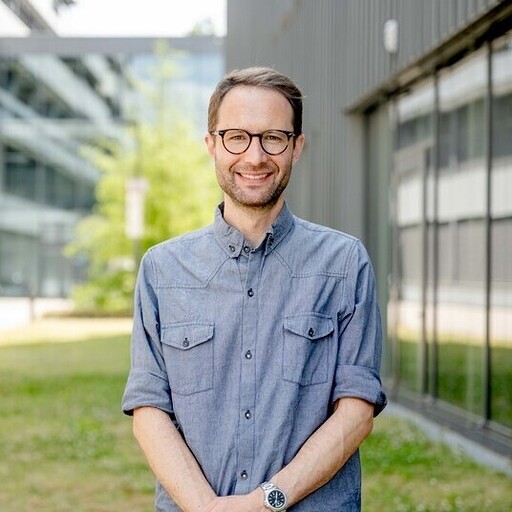
Markus Stricker
Leader
Markus is Assistant professor for ‘Materials Informatics and Data Science‘ at Ruhr-University Bochum.
He is interested in computational materials science, data-based plasticity, data fusion from experiments and simulations, natural language processing, FAIR materials data.
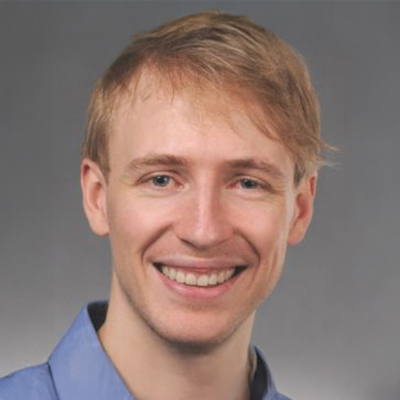
Jonathan Schmidt
CO-Leader
Jonathan is a Postdoctoral Researcher in the Materials Theory group at ETH Zurich.
His research is centered on accelerating material science through the application of machine learning methods. A key focus of his work is the large-scale discovery of new materials through machine learning supported high-throughput searches.
Working Group 2
Representations and algorithms for materials design for “single-modality” use.
Representative areas of research: uncertainty-aware predictions and uncertainty-propagation methods; representation design in materials science; learning of heterogeneous and complex data beyond single-valued functions.
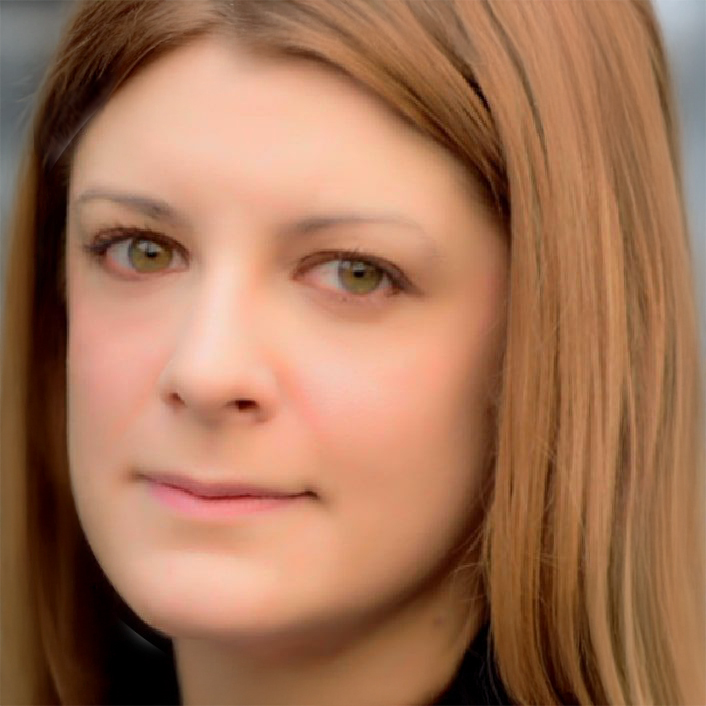
Silvia Bonfanti
Leader
Silvia Bonfanti is Assistant Professor in Physics, specialized in materials complexity, spanning fields such as glasses, mechanical metamaterials and biophysics.
She is affiliated with the University of Milan and the Nomaten Center of Excellence in Poland, where she is also interested in high-entropy alloys. Her work includes modelling and development of new algorithms to push the boundaries of materials science.
Nong Artrith
CO-LEADER
Nongnuch Artrith (http://nartrith.atomistic.net) holds the position of Assistant Professor in the Materials Chemistry and Catalysis group at the Debye Institute for Nanomaterials Science, Utrecht University.
Nong is the main developer of the open-source Atomic Energy Network (ænet) (http://ann.atomistic.net), a package for the construction and application of machine learning models for materials science. Her research interests focus on the development and application of first principles and ML methods for the computational discovery of energy materials and for the interpretation of experimental observations.
Martin Uhrin
CO-LEADER
Martin Uhrin holds the MIAI research fellow chair in Grenoble. The current focus of his research is on the development of generative models that understand the structure/property relationship. An important component to this is the use of equivariant neural networks that allow us to perform deep-learning while obeying the symmetries of the relevant physical laws. Martin works with the talented e3nn team to bring this powerful technology into my research.
Working Group 3
Multi-modal machine learning methods for advanced materials design.
Representative areas of research: multi-fidelity approaches; data-fusion approaches; multivariate optimisation
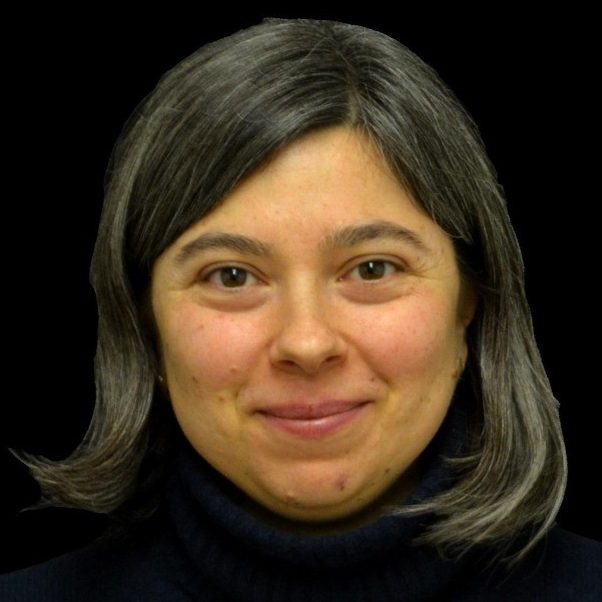
Patricia Ramos
Leader
Her research interests encompass the diverse applications of machine learning and deep learning, with a focus on innovative solutions and advancements in various domains.
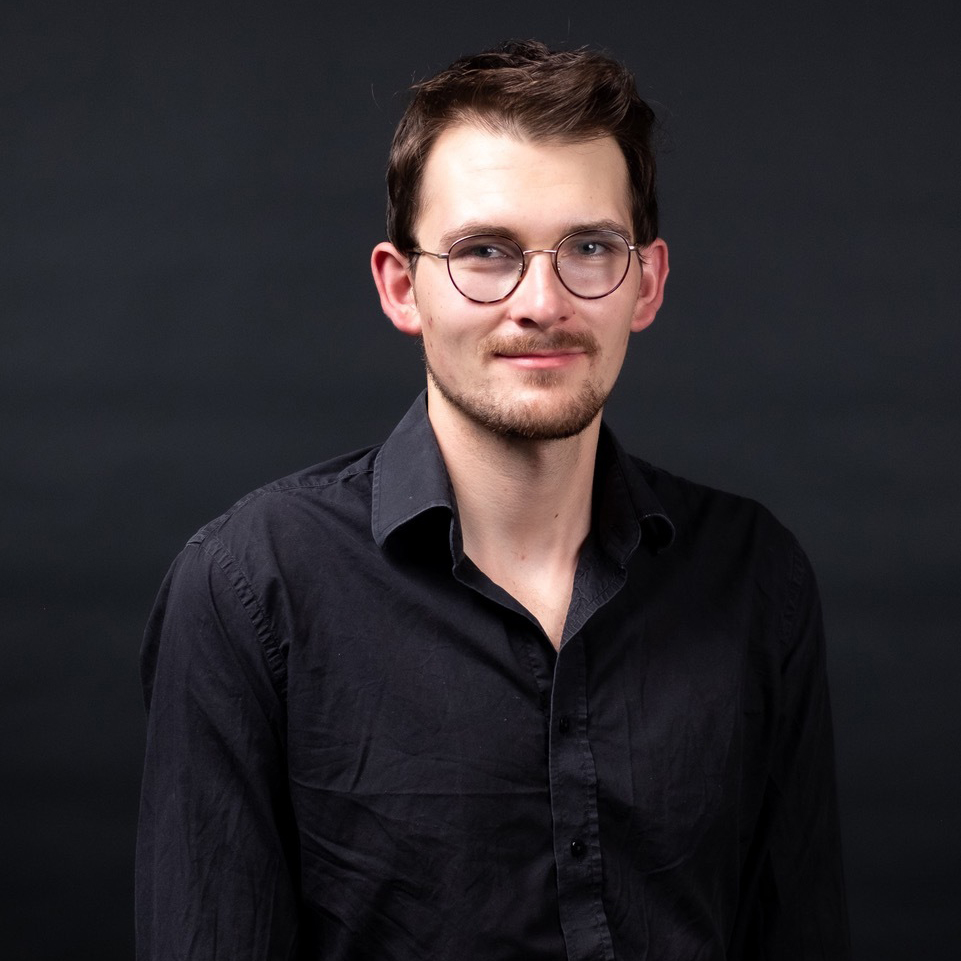
Kevin Jablonka
Co-Leader
Kevin heads a research group at the Helmholtz Institute for Polymers in Energy Applications at the University of Jena and Helmholtz Center Berlin.
His research focuses on the digitization of chemistry, where he utilizes computational tools to explore issues ranging from atomic to pilot-plant scales. In his research, Kevin is applying large language models to chemistry and co-leads the ChemNLP project.
Working Group 4
Process-structure-property relationships in materials. Novel insights and applications.
Representative areas of research: theory and discovery of energy and charge generation, conversion, and storage; materials processing for sustainability & recycling; materials discovery and new functional materials.

Julia Westermayr
Leader
Julia is an Assistant professor for ‘Artificial Intelligence in Theoretical Chemistry‘ at Leipzig University, Germany.
Her research focuses on the development of machine learning algorithms tailored to the optimisation, discovery and design of chemical reactions, with particular emphasis on excited states and techniques for managing limited and noisy (experimental) data.
Working Group 5
Training, Dissemination, Exploitation, and Outreach.
Representative areas of activity: diversity, inclusion, and equality; training and knowledge exchange programmes; general public, industry and policymakers engagement.
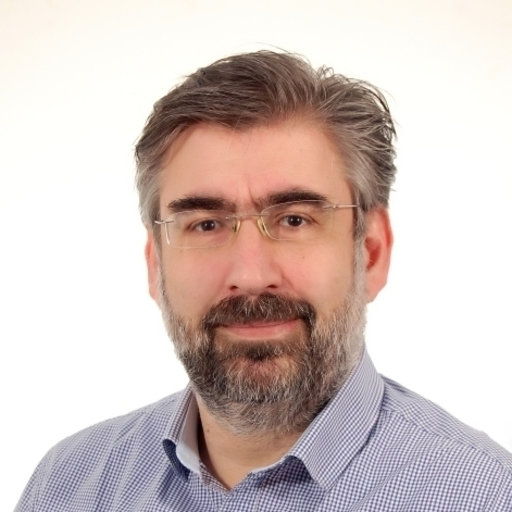
Joseph Kioseoglou
Leader
Joseph is Professor in Department of Physics, Aristotle University of Thessaloniki.
He is interested in materials analysis and design by the use of atomistic simulations and advanced computational techniques and algorithms employed in materials science.

Federico Grasselli
CO-Leader
Federico is tenure-track Researcher in the Department of Physics, Informatics and Mathematics at the University of Modena and Reggio Emilia.
His research focuses on the theory of heat and charge transport and on the combination of physical insights and machine learning to simulate transport phenomena in energy materials and matter at extreme conditions.

